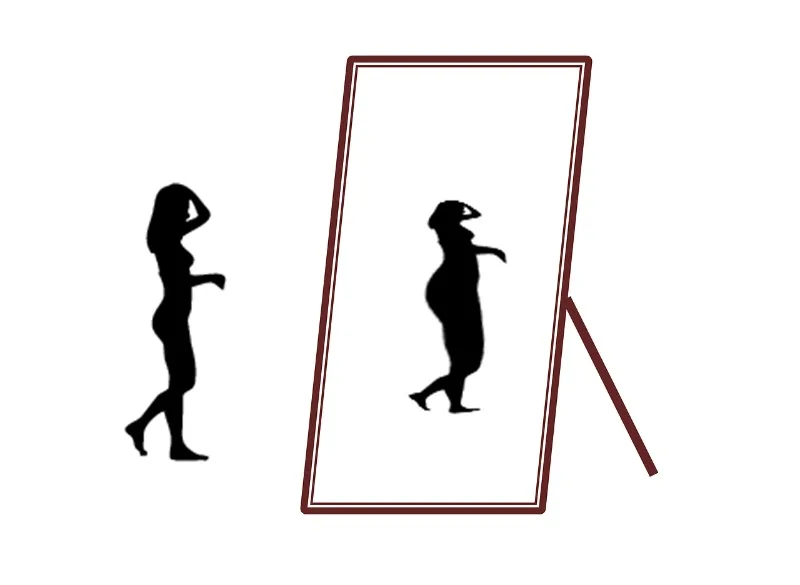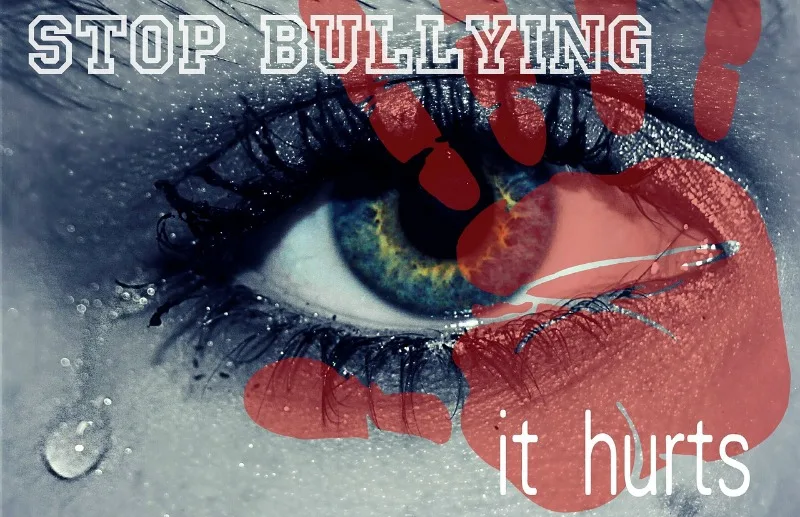This post may contain affiliate links. I only recommend products I use and love. Read the full disclosure here
Last Updated on July 8, 2021 by Alaina
We all like to think that if someone close to us was in trouble, we’d know immediately. We’d do everything possible to get them through it and never let it happen again. And much of the time this is true, but when someone is in trouble the last thing they do is broadcast it. It’s not always easy to tell when someone is in trouble. – especially when it’s a friend in need.
Helping a Friend in Need: 3 Common Situations & What You Can Do to Help
All of us, from time to time, go through stressful situations. Many people battle addiction, which can be a lifelong battle. Sometimes people struggle with their weight, and use extreme means to control it. And many of us have lived with issues of bullying, along with the mental strain that puts us under. So how can we get out in front of it and help a friend in need?
Here are 3 common situations and what you can do to help a friend in need.
Weight Issues: Does Your Friend Have An Eating Disorder?

Pixabay
The expectations placed upon us to conform to standards of beauty can drive people to extreme and eventually tragic actions. To avoid gaining weight, people may starve themselves (anorexia) or may binge on food and then purge (bulimia). Some people will take diet pills or exercise fanatically.
Warning Signs of Eating Disorders
Some common signs of a friend suffering an eating disorder or weight issues may include things like a friend or family member who previously had a healthy appetite now picks at their food. They excuse themselves suddenly without explanation after meals. You hear them vomiting after meals. They quit eating or go on extreme and/or unhealthy diets. They diet frequently when they do not need to.
What You Can Do To Help Your Friend in Need
Speak to them about your concerns. Many people with these issues won’t see them as a “condition” or a disorder per se. Listen to them, and be ready to point them towards people who can help.
Addiction: When “Fun” Gets Out Of Control
The lines between recreation and addiction can be blurry. A glass of wine with dinner is fine, but a bottle a night not so much. Addiction is thought of primarily in the context of alcohol or drugs, but there are other addictions that can be destructive. In any case, the pathway of addiction is a vicious cycle which can get out of control very quickly.

Image via Pixabay
Warning Signs of Addiction
A person becomes withdrawn and anxious. They lose interest in things they used to really care about. They make excuses at short notice to cancel plans. They ask you for money for reasons that barely seem credible. He or she may begin pawning their belongings.
How You Can Help
While your loved one may not talk about it to begin with. Tell them you’re worried about them. Tell them about options; a Christian treatment center for example, or meetings for addiction support.
Bullying: A Mental And Physical Nightmare
17% of school students report being bullied. This means that a lot more suffer bullying, as many people don’t want to talk about it. And it doesn’t just happen in schools. Workplaces and anywhere that people regularly gather can be a focus for bullies.
Warning Signs of Bullying
Although victims of bullying will do anything they can to hide it, it’s hard to fully hide. Making excuses to stay home, losing valuable items without explanation, not talking about their day. Any physical signs of violence are, obviously, a red alert.

Pixabay
What You Can Do To Help
Discretion is essential, as this is something no-one wants to admit to suffering. Encourage them to report the bullying quietly. If it’s a school situation, speak to the principal yourself.
When people are suffering or struggling, they will always be reticent to talk about it. Be ready for them to tell you to butt out. It may well be that there are legitimate reasons for their behavioral changes. But the key is not to give up checking on them – it’s important they have an avenue for help when they look for it. Never give up on a friend in need.
Have you ever had a friend in need? How did you help them?
